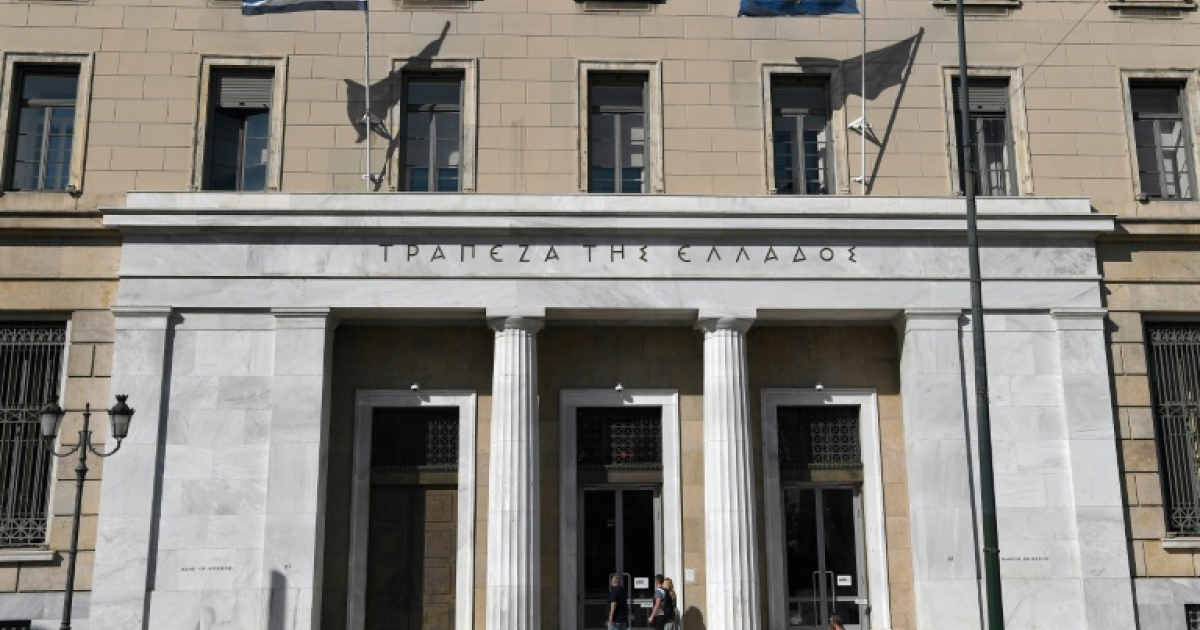
“That has to be a separate regulator with its power coming from legislation, not Zuckerberg’s cheque book,” she says. But should a Facebook-backed entity really be the body to do this? Could a central regulatory body be the better alternative?Įmily Bell, director of the Tow Center for Digital Journalism at Columbia University, advocates for an agency that can look across the tech platforms and exercise real powers - for example, to audit the companies and their secretive algorithms. This leaves the board hashing out new ground. In any case, under the First Amendment, platforms have almost complete discretion to decide what speech they will host and an individual does not have a right to be able to use their services, according to Douek. You have to think about what kind of rules can be applied at scale in very rapid decision-making contexts.”

“International human rights are not what the Facebook community standards are about. “The problem is it buys into the idea that Facebook is a government and the news feed is a public square,” says Persily. But if a government were to ban nudity, for example, as Facebook does in its community guidelines, that would be at odds with human rights law.
#Facebook oversight free#
To some, this approach lends weight to the argument that Facebook is, in effect, a public utility, or a quasi-world government with ultimate power over free speech. However, some experts argue that this jars: international human rights law is designed to govern states, not private companies. In its charter, Facebook outlines international human rights law as one of its guiding principles, and several experts in the field sit on the board. “If this was a court, you would have filings to that effect,” says Nate Persily, a professor at Stanford Law School. He notes that a legal case would be more transparent: the board would have to publish exactly what it was requesting from Facebook which, in turn, would have to lay out precisely why it was not handing over the information. The board said there were numerous vague reasons cited by Facebook to explain their refusals, but these were light on detail.

These included, for example, how Facebook’s news feed had affected how many people saw Trump’s posts. In an admission of the limitations of its own clout - and, perhaps, a snipe at Facebook - the board also noted that the company refused to answer seven requests for more information that it had submitted. The board upheld the suspension but pushed the decision on Trump’s ultimate fate - whether this should be permanent or not - straight back to Facebook. Trump supporters protest outside the US Capitol on January 6 © Alex Edelman/AFP via Getty Images “I’m so frustrated by the notion that this thing that was created by Facebook - for Facebook to shirk their own responsibility - is being treated like a ‘supreme court’.”

“It’s a made-up corporate PR tool” says Jesse Lehrich, co-founder of the campaign group Accountable Tech. “It doesn’t look at things like groups, pages, down-ranking decisions, how the news feed works in terms of prioritisation, how Facebook treats entire accounts.”įacebook’s fiercest critics believe this renders the board a toothless “sham”, and that the company is merely trying to prove a self-regulation model works in order to stave off any legislation that could actually hurt its business. “It’s still looking at that very narrow slice of what content moderation is, namely how Facebook treats individual posts,” says Evelyn Douek, a lecturer at Harvard Law School. And it has binding authority over a very narrow type of case: whether a removed piece of content should be reinstated or an offensive post should come down, and whether users should remain banned. It is currently funded - through a $130m trust - by Facebook.


 0 kommentar(er)
0 kommentar(er)
